In his first significant interview with the Irish Farmers Journal since assuming the role as director of Teagasc, Frank O’Mara has come out strongly suggesting countries like Ireland need to be able to produce food or else global food security will be an issue.
When pushed that it was inevitable output declines were on the cards for the next 10 years given Department of Agriculture and EU policy changes, the new Teagasc boss insisted that output should not decline.
The challenge is to maintain food production and meet the environmental requirements
“No, I don’t accept that output will decline. If countries like Ireland think that the way to solve the climate crisis is to reduce food production, then very quickly the price of food and food security will become an issue. The challenge is to maintain food production and meet the environmental requirements.”
The Teagasc director suggested Irish output is grass-based with lower output levels per hectare, so we are starting from a much more sustainable place. He believes through efficiency and technology we can see a path through this.
He said that the industry doesn’t have time to sit back when it comes to acting on emissions. “It’s urgent – we don’t have time to sit back and take this at a slow pace.
“Climate targets will be the focus and if we see no agri improvement in emissions reductions then there will be huge questions asked.”
When asked if he saw an environmental limit or quota coming on farms, he said: “Look, that will depend on progress made on reducing emissions, and a stable national herd. I know the minister is pulling together stakeholders of the dairy and beef industry so the more progress we can make, then the less pressures are on the numbers.”
The issue is the marketing issue
Responding to recent calls for Teagasc to put more emphasis on bull beef, O’Mara traced the issue back to what the marketing experts are telling Teagasc.
“From a biological standpoint, they grow faster, and environmentally are much more efficient, but, the issue is the marketing issue and the experts tell us there is a certain market for bull beef and that the steer market is a much broader market.”
When asked if maybe a rethink of the 16-month bull beef production system was necessary to allow more grass in a finishing bull diet, he said: “Yes, it would help the feed input requirement.
“However, the market sets the 16-month requirement. While we are not the experts in markets, and irrespective of whether the basis for the 16-month limit is solid or not, well then up until that changes farmers need to be careful with bull beef.”
Difference
A recently completed Department-funded project report that cost €1m to produce shows little or no difference in eating quality between bull and steer beef.
The Teagasc budget is €189m, a monster. It gets €152m directly from the Department each year. O’Mara is looking for more money and is also looking to redeploy resources within Teagasc. In recent years, increases have come from EU and commercial company funding. Some see this as threatening the independence of Teagasc – independence which is seen by most as its biggest strength.
Transparency around funding is important for O’Mara and all results, positive or negative, are published
Despite the flagship advisory programmes co-sponsored by commercial entities, O’Mara was resolute there would be no influence of commercial pressure on outcomes and all results would be published.
“Our board are very strong that we can’t compromise our independence and we don’t.”
Transparency around funding is important for O’Mara and all results, positive or negative, are published.
Most immediate challenge?
“That Teagasc will have played a role to help farmers achieve climate targets while not having a negative impact on food production or farm profitability. We have to change the narrative that agriculture has to reduce. The transport sector has to reduce emissions hugely and we don’t hear the narrative of less cars on the road.”
Organics
“In Ireland, our target is to get to 7% of land use in organics and when a farmer goes organic, I see that as herd reduction by choice – it’s an incentivised cut, yes, but by choice. Overall, it will be a small part of land use and the livestock herd in Ireland, so I don’t see it having a big impact on the food from the Island.”
How can tillage evolve?
“There isn’t an issue with nitrogen emissions from tillage crops. However, in tillage, we need to be watching energy crops and minimising the amount of soil carbon released.
“How do we get more of high value markets for tillage crops? Brewing and distilling are big markets and a lot of our malt is imported, so we are working in those areas to develop a pilot distilling centre in Oak Park.
“Up to now, there have been no R&D facilities here in Ireland.”



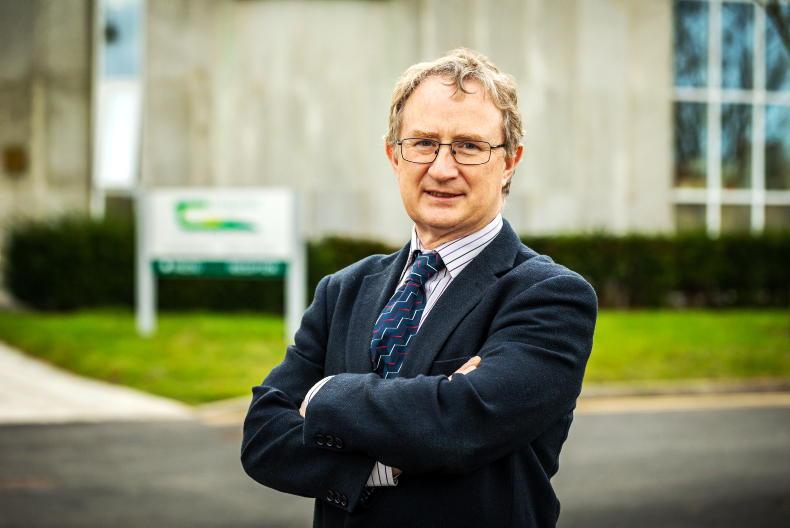
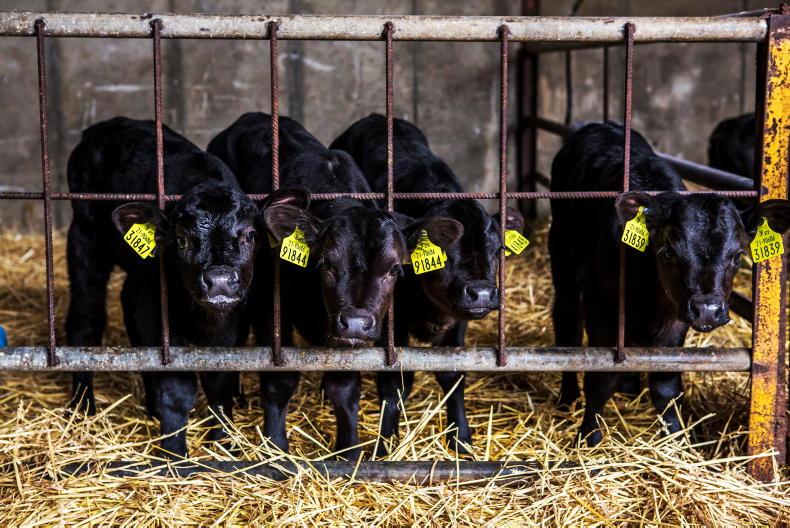

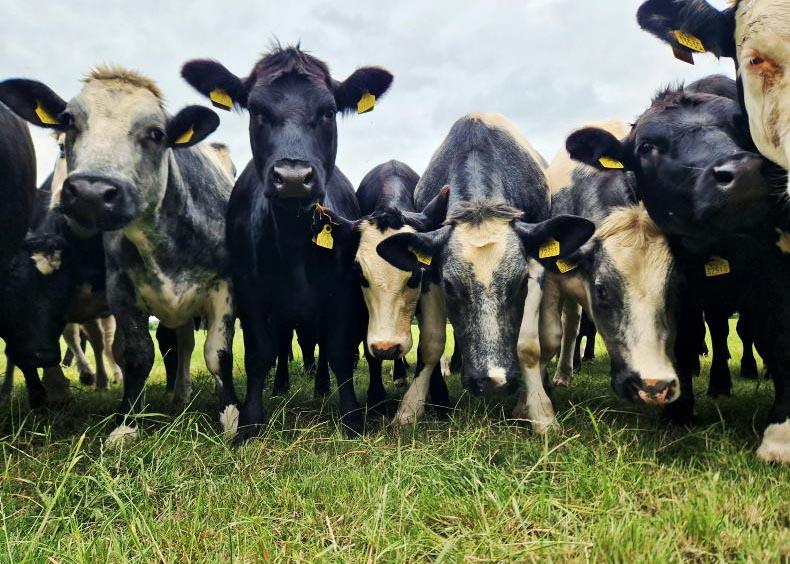
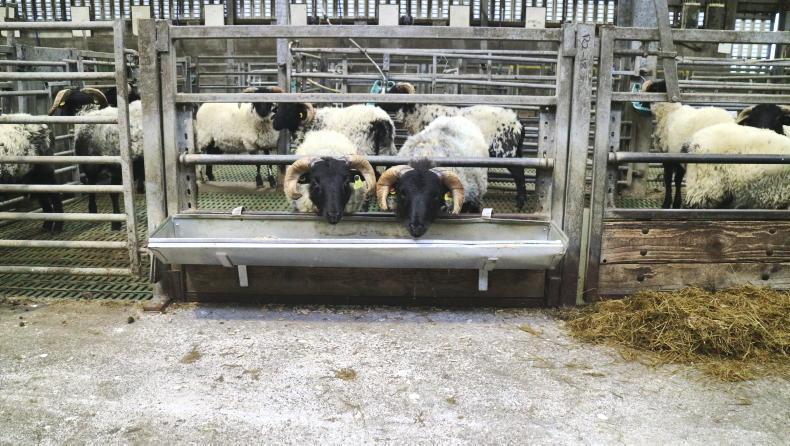
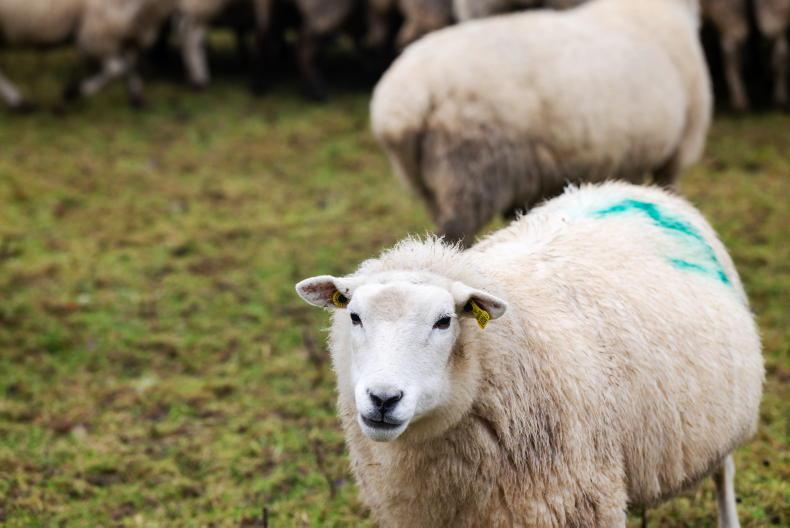
SHARING OPTIONS